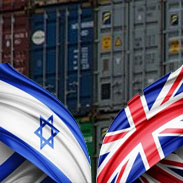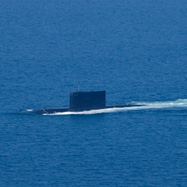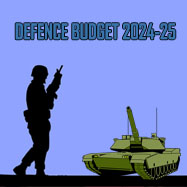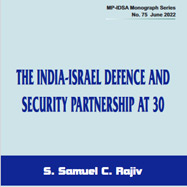S. Samuel C. Rajiv

|
Dr S Samuel C Rajiv is Research Fellow, Manohar Parrikar Institute for Defence Studies and Analyses (MP-IDSA), New Delhi. Prior to joining MP-IDSA in November 2006, Dr Rajiv worked at the publication India’s National Security Annual Review (from 2002-2005) and was a Visiting Scholar at the BESA Centre for Strategic Studies, Bar Ilan University, Israel (October 2005-September 2006). Dr Rajiv earned his PhD from the School of International Studies, JNU. He has published on issues related to India’s foreign and security policies in Strategic Analysis, Foreign Policy, Business Standard, The Jerusalem Post, among other publications. He is the author of The India-Israel Strategic Partnership: Contours, Opportunities and Challenges (Pentagon Press, 2023) and Co-Editor of India-Israel: The Making of a Strategic Partnership (Routledge, 2020). Dr Rajiv is a recipient of the President MPIDSA’s Award for Excellence for Young Scholars in 2013, 2014 and 2017, for the best peer-reviewed articles published in Strategic Analysis. He has been a member of the MPIDSA Website editorial team since August 2016 and Editor, MPIDSA Website, since January 2023. His current fellowship project is on ‘India’s Defence Exports: Issues and Challenges’.
|













